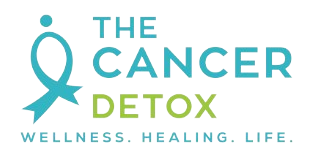Berries, Cancer Fighting Fruits You Should Eat
When it comes to cancer-fighting fruit we all should eat, berries are at the top of the list, with science-based evidence to back this up. Those of us in the United States are can easily find these berries any time of the year: strawberries blueberries blackberries red raspberries cranberries However, globally, people are known to eat chokeberries, lingonberries, black currants and bilberries in addition to the above berries. These fruits are packed with natural vitamins, minerals, and antioxidants, such as vitamins A, C, and E, folic acid, phenols such as flavonols (anthocyanidins) and ellagitannins, and carotenes (alpha, beta, and lutein). While you may not be able to pronounce all these words, just know that these compounds are good for you. Berry The Amazing Superfruit We all love berries because of their taste, but our bodies need them to help maintain good form and function.
Read More

